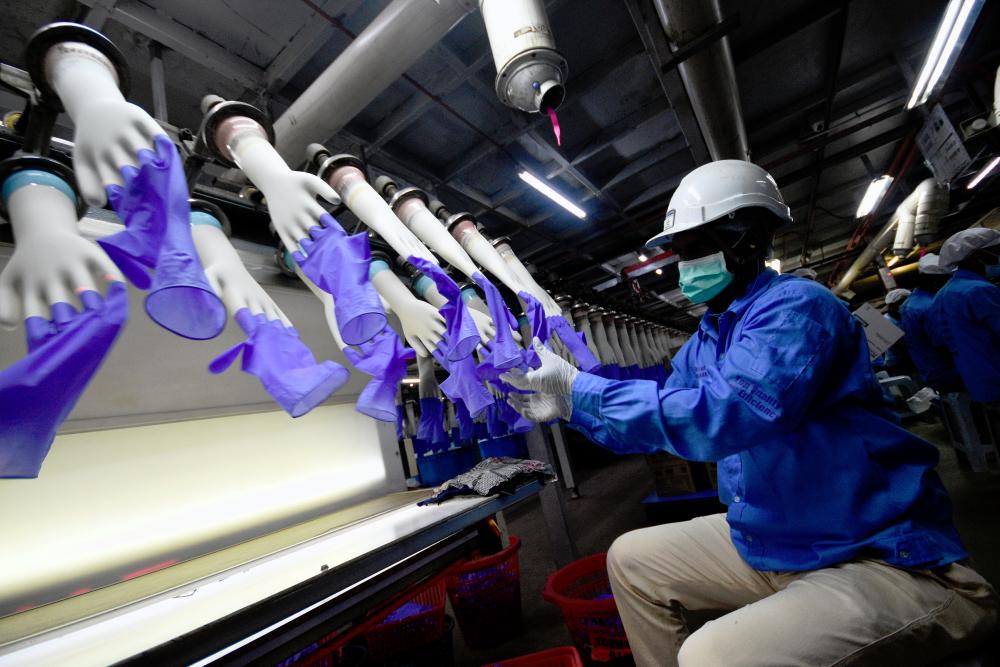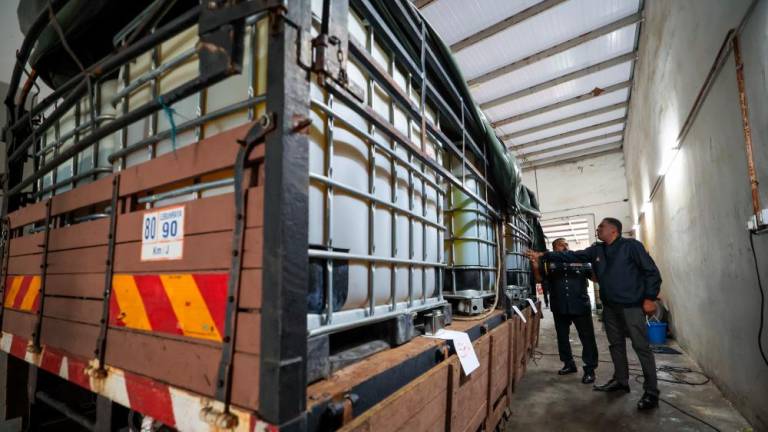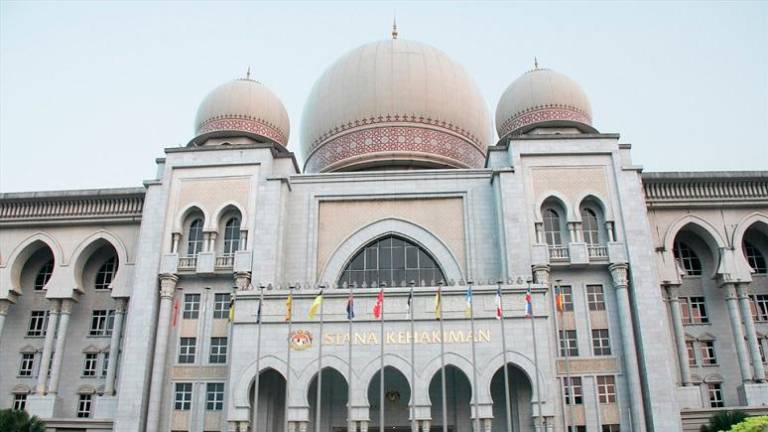PETALING JAYA: Malaysian Employers Federation (MEF) president Datuk Dr Syed Hussain Syed Husman said the country relies on foreign labour, particularly for difficult and dangerous jobs in agriculture, construction, manufacturing, services, maids and informal sectors.
He was commenting on a recent announcement by Human Resources Minister V. Sivakumar that 500,000 workers would be brought into Malaysia via the Foreign Workers Employment Relaxation Plan.
He said about 1.1 million legal workers were employed last year, after about 700,000 whose permits had expired returned to their countries during the pandemic.
“In certain sectors such as construction, plantation, agriculture, manufacturing and low-end service sectors, foreign labour is crucial since locals are not keen.”
He added that locals are not interested despite efforts by employers to offer free housing, water, electricity and medical coverage and 50% to 60% higher salaries.
“Shortage of labour has impacted production and disrupted supply chains and business operations, resulting in delays and companies being unable to meet new orders from local and foreign buyers.
“Employers have to continue hiring foreigners, despite the rising cost of employing them.
“In the long term, businesses have to position themselves for the new normal. They cannot afford to be constrained by traditional resources, business models and capital allocations.”
Syed Hussain also said it is essential for industries to replace workers with automation while low technology manufacturing industries need to utilise technology and be capital intensive to retain competitiveness.
Federation of Malaysian Manufacturers president Tan Sri Soh Thian Lai said foreign workers play an important role in supporting economic recovery, especially during this period of uncertainty.
He said they are required by industries with existing labour intensive operations due to the absence of local manpower.
“The business community does not favour foreign workers over locals. Filling job vacancies with locals has always been a top priority, since employing foreigners is not cheap or easy, with the ever changing labour policies and demands of international labour standards.
“Without adequate labour supply, business operations would be hampered and recovery derailed. This would aggravate the price inflation situation and impact business sustainability,” Soh said.
“The industry recognises that concerted efforts must be taken to reduce the dependence on foreign workers, and accommodate structural policy changes by the government.
“Industries, particularly those that had been most vulnerable to the Covid-19 pandemic, are now more proactive in deploying automation technologies,” he added.













